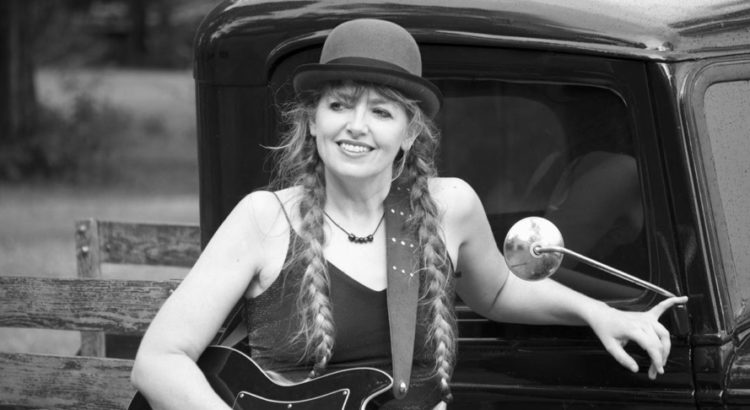Our very own DJ Anne McCue was recently quoted in a feature on how her show “Songs on the Wire” influences her work as a musician and songwriter: “For two hours every week, I’m listening to new music,” McCue says. “That’s been an incredibly inspiring experience. It’s really expanded my mind. That’s really helped with my creativity. You have to let go of the music business and just get back into the music.”
Little may our listeners know, Anne isn’t the only musician-DJ at WXNA. Read below to see how curating a radio show has informed the music-making of several of our DJs, and vice versa!
“I think, to a lot of musicians, listening and playing are almost inseparable. If you think of the most awful, confused, disjointed band you’ve ever seen, the foundation of their horribleness was probably a lack of listening. The act of listening, sometimes seen as mere fertilizer used to serve the playing / creation, is really the soil itself – at least half of the entire equation. If you are a musician, compare the flow states achieved when playing with a tight band where the synergy is palpable and powerful, and being absorbed into a beautiful record through headphones or what-have-you. They are not the same, but I think they’re intrinsically linked. If you’re not a musician, you actually are! Haha. Gotchya. At least if you’ve ever actually listened to music, you’re already most of the way there. For myself, combining the practice of listening with the communal nature of terrestrial radio broadcasting, makes for a ritual that directly informs and encourages good, perceptive performing. Come all, let’s listen deeply together!”
-DJ Trev of Our Golden Tones; making music as Trevor Nikrant and in Styrofoam Winos.
“The link between deejaying and creating music can be identified as mutual growth. All of us should strive to master our chosen craft and ideally we can link different creative endeavors to inform one another. For instance, if a musician is exploring a new genre that technically challenges them, why not explore similar music while deejaying on the radio? For a DJ it is important to allot time in the week to sit down, drop a needle on a record and listen to uncharted territory. The unknown is the edge of understanding and future growth. As the student, if we only study what we know, then the creative in us has been sealed in a box, only to imitate our narrow scope of understanding. The next time a creative block obstructs our output, it may be time to listen to worlds and stories we do not know, because they may become our own.”
-DJ Brer Sunshine of The Black Gold Historical Society; making music as Brer Sunshine.
If you are a musician, how do you know when something is Done? Good? Decent? Listenable? Play it on the radio. The radio does not lie. The airwaves are more Democratic than the Bill of Rights. Is loud or just full of volume? Does it sound deep or bassy? Is it loud or dynamic? As a DJ, I’m flummoxed (flabbergasted) and surprised at how often records made by cool people under cool circumstances–impeccably dressed with excellent smelling hair tonic wearing never-seen-in-stores posh vines–will make records that do not hold up the thrilling prom-heard-round-the-block chaos that is The Kingsman’s “Louie, Louise,” the steel factory smoke of Bo Diddley’s “Pretty Thing,” or the shiny chrome of B.B. King’s “She’s Dynamite.”
– Paul Burch of Works Progress Radio Hour; making music as Paul Burch.
“When Shout, Sister, Shout! used to be late at night, I’d often leave a show I’d either played or attended and race on over to the station with a new record in hand from the merch table. I loved cueing up some brand new vinyl and trying to quickly track down a song I’d just heard over at Betty’s or wherever. Nothing seemed more appropriate for Nashville’s airwaves than an echo of her own shows, still hovering in the air. I think there is a natural overlap between performing and playing music on the radio in their real-time urgency, their inescapable live-ness, never existing in isolation or a vacuum, like how recording or writing can sometimes be. Curating a playlist helps me think about “flow”– the way songs can move in succession as almost a meta-song of its own, another art form altogether. Doing this helps me to consider “flow” in my own music– how I want to ease into the hour or so of programming, how I want to transition or pause, when to play a cover song, etc. Digging for radio gems also keeps me on my toes with listening to new stuff for inspiration and never drawing solely upon the same well of influences over and over again.”
-DJ LT of Shout, Sister, Shout!; making music as Lou Turner and in Styrofoam Winos.


